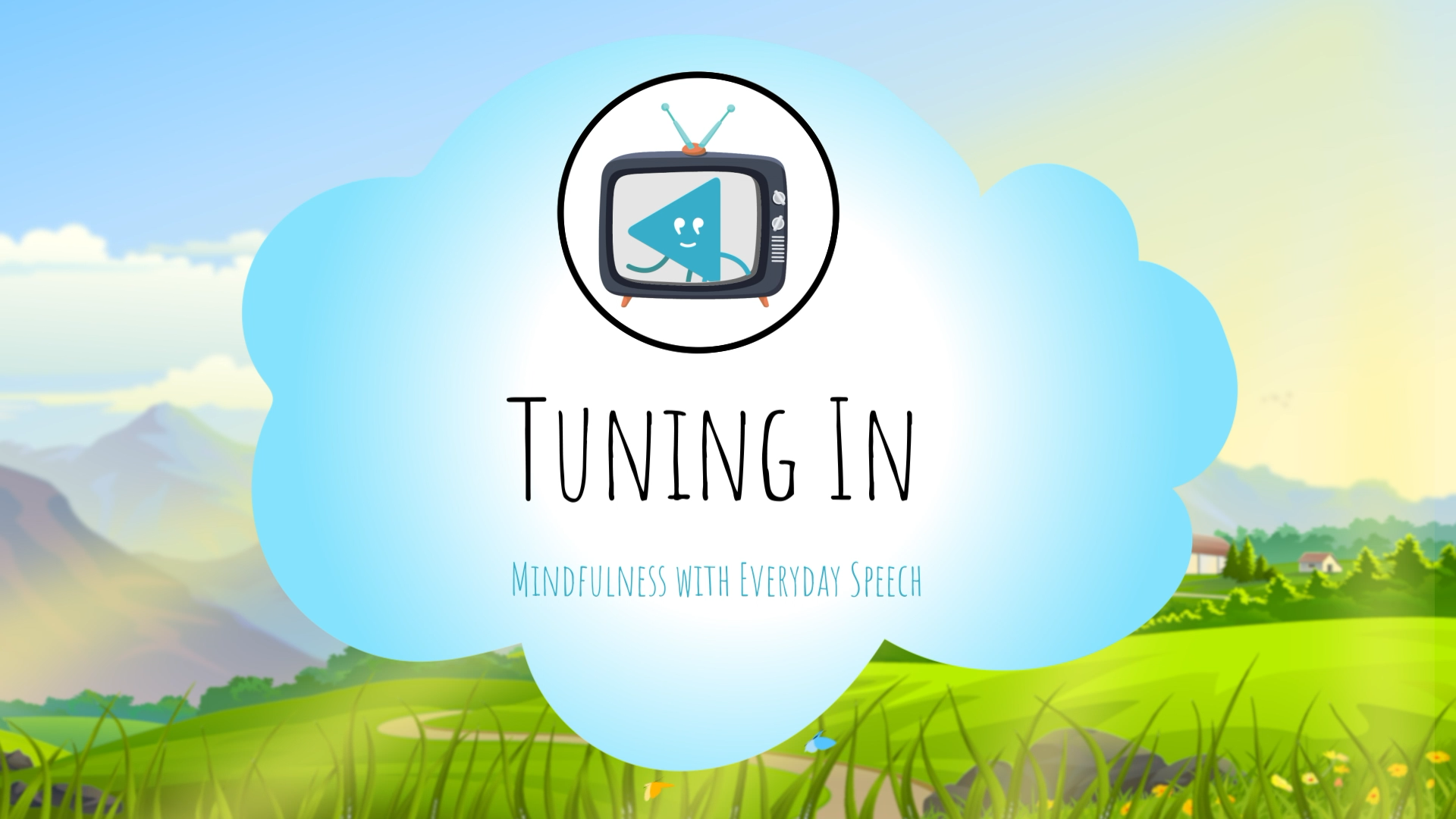Introduction
As educators, it’s important to help students develop the ability to tune in to their own needs and the needs of others. This skill is essential for promoting social-emotional learning, especially in special education settings. By teaching students to pay attention to their feelings, moods, and the needs of those around them, we can empower them to better understand and manage their emotions, develop empathy, and improve their relationships with others.
No-Prep Activity
Here’s an easy, no-prep activity that you can use in your classroom to help students practice tuning in:
Emotion Charades
- Divide the class into small groups.
- Have one student in each group act out an emotion without using words. They can use facial expressions, body language, and gestures to express the emotion.
- The other students in the group should observe the actor and try to identify the emotion being portrayed.
- After the emotion has been guessed, have the students discuss how they were able to identify the emotion based on the actor’s expressions and body language.
- Rotate roles within the group, allowing each student to have a turn at acting out an emotion.
This activity encourages students to pay close attention to nonverbal cues and helps them develop their ability to tune in to the feelings of others.
Discussion Questions
- Why is it important to be aware of our own emotions and moods throughout the day?
- What are some strategies you can use to improve your ability to tune in to your own needs and emotions?
- How can tuning in to the needs and emotions of others improve our relationships and communication?
- What are some challenges you might face when trying to tune in to the emotions of others, and how can you overcome them?
- How can practicing tuning in to ourselves and others help us develop empathy and compassion?
Related Skills
In addition to tuning in, there are several other social-emotional learning skills that are important for students to develop:
- Self-awareness: Understanding one’s own emotions, strengths, and weaknesses.
- Self-management: Effectively managing emotions and impulses, and setting and achieving personal goals.
- Social awareness: Understanding and empathizing with others, and recognizing and appreciating diversity.
- Relationship skills: Developing and maintaining healthy relationships, and effectively communicating and resolving conflicts.
- Responsible decision-making: Making thoughtful, ethical choices based on consideration of personal and social consequences.
Next Steps
Are you ready to help your students develop their tuning in skills and other essential social-emotional learning abilities? Sign up for free samples of skill-building resources, activities, and more from Everyday Speech. These materials can help you create a supportive and engaging learning environment for your special education students, fostering their personal and social growth.






